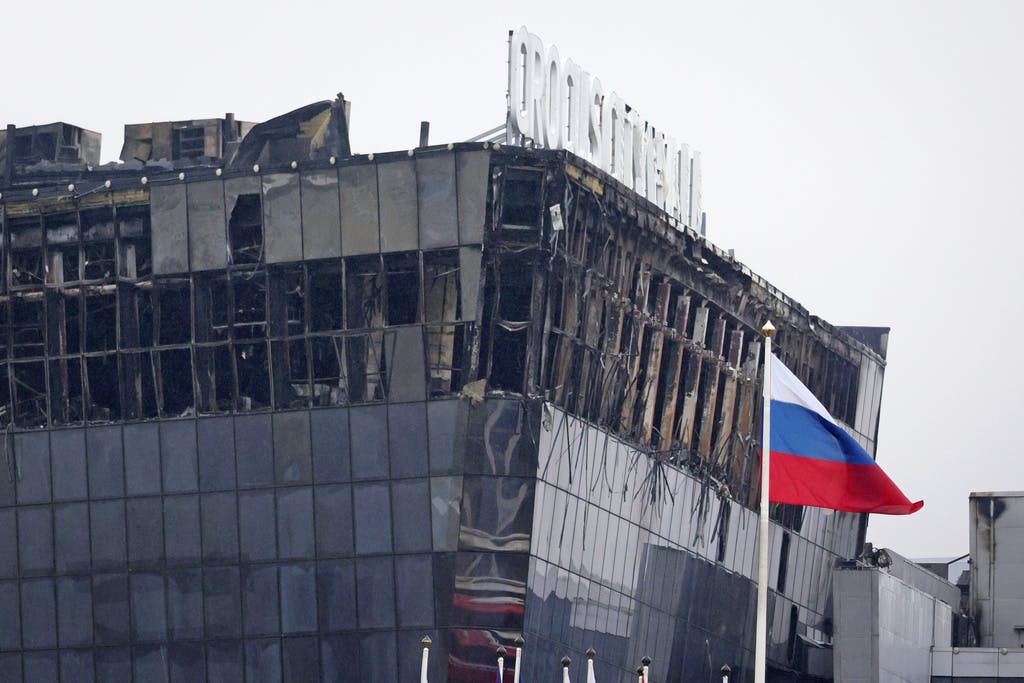
Redistricting Wars Kicked Off By Trump Poised To Linger Well Into 2028 Election Cycle
By MATTHEW RICE
|Death toll hits 115, with dozens more injured, ISIS claims in the attack on a ‘gathering of Christians.’

Already have a subscription? Sign in to continue reading

By MATTHEW RICE
|
By LUKE FUNK
|
By WILL FRIEDWALD
|$0.01/day for 60 days
Cancel anytime
By continuing you agree to our Privacy Policy and Terms of Service.

By MATTHEW RICE
|